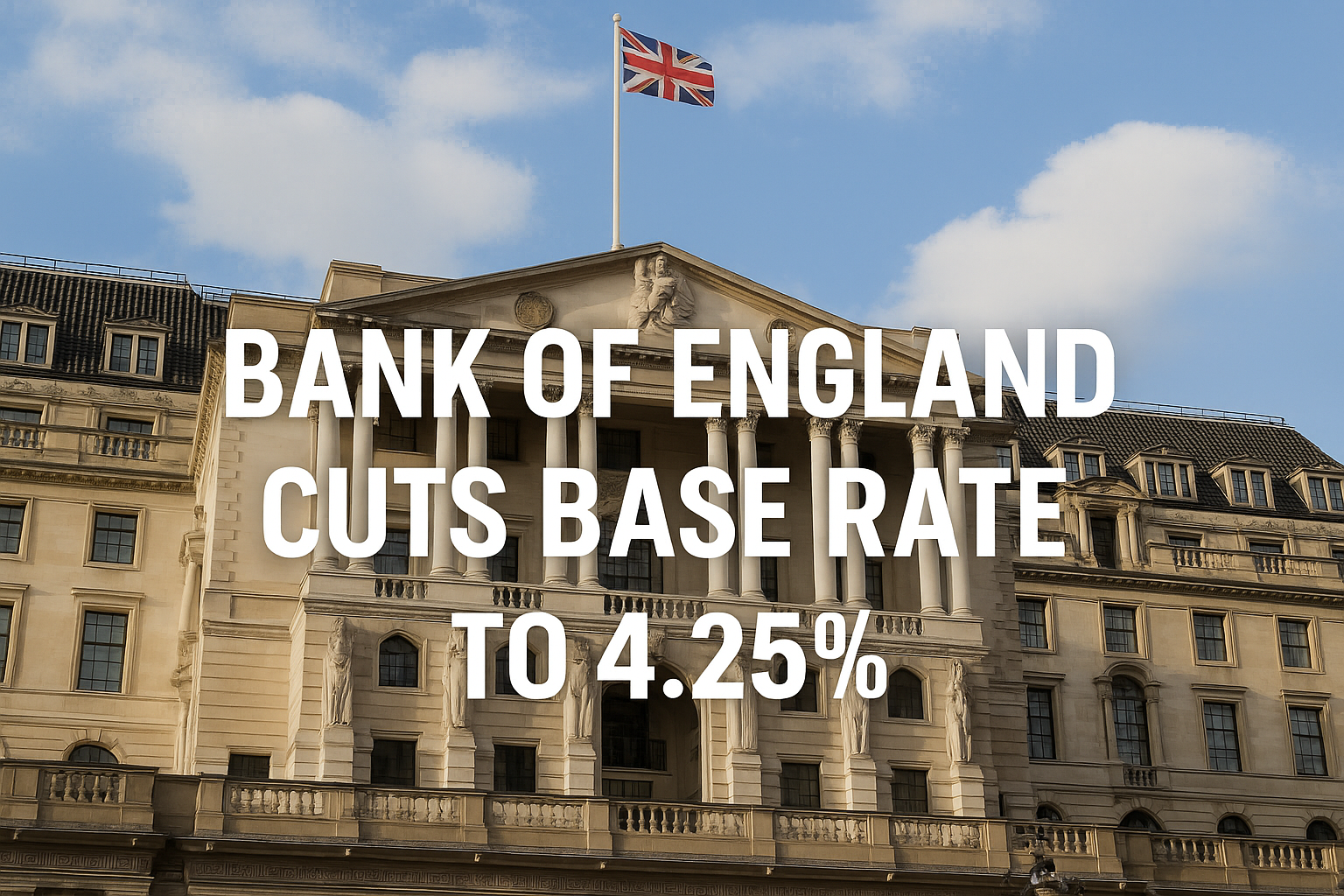Creating a trust for your properties can offer various benefits, making it an attractive estate planning tool for many individuals.
Here are some of the key advantages of having a trust:
Avoiding Probate: One of the most significant advantages of placing your properties in a trust is that it helps your assets avoid the probate process. Probate is the legal procedure by which a court validates a will, settles debts, and distributes assets to beneficiaries after a person's passing. By avoiding probate, your beneficiaries can receive the assets more quickly and with lower costs, as the assets held in the trust pass directly to the beneficiaries without court involvement.
Privacy: Unlike a will, which becomes part of the public record during probate, a trust allows you to keep your asset distribution and estate planning decisions private. This confidentiality can protect your family's sensitive information and financial details from public scrutiny.
Asset Protection: Placing properties in a trust can offer protection from potential creditors and legal claims. Since the assets are owned by the trust, they are separate from your personal ownership, making it more challenging for creditors to access them.
Control and Flexibility: Trusts provide you with a high level of control and flexibility over how your assets are managed and distributed. As the settlor, you can specify the terms of the trust, name beneficiaries, and appoint a trustee to carry out your wishes.
Managing Incapacity: A trust can help manage your properties and assets if you become incapacitated due to illness or injury. The appointed trustee can step in to handle financial affairs on your behalf, ensuring that your assets are managed according to your preferences.
Estate Tax Planning: Depending on the value of your estate, a trust can be an effective tool for reducing estate taxes and preserving more of your assets for your beneficiaries. Certain types of trusts, such as irrevocable life insurance trusts (ILITs), are commonly used for estate tax planning purposes.
Seamless Succession: Trusts offer a smoother and faster transfer of assets to your beneficiaries, as there is no need for court involvement or probate delays. This can be especially beneficial for ensuring the financial stability of your loved ones after your passing.
Charitable Giving: If you wish to make charitable donations as part of your estate plan, a charitable trust can facilitate this process, providing benefits both to your preferred charitable organizations and potential tax advantages for your estate.
It's important to note that the benefits of having a trust can vary depending on your specific circumstances and the type of trust you choose to create. Working with an experienced estate planning attorney or financial advisor can help you tailor a trust to meet your unique needs and goals while maximizing the benefits for you and your beneficiaries.
In the UK, having your property in a trust can also offer protection against care home fees. When your property is placed in a trust, it is no longer considered a part of your personal assets, which can be crucial in safeguarding it from being used to cover care home costs.
Protection Against Care Home Fees: If you require long-term care in a care home and do not have enough assets to cover the costs, the local authority may conduct a means test to assess your eligibility for financial support. Having your property in a trust can help you protect it from being counted as part of your assets during the means test. Consequently, the trust structure can prevent care homes from taking your property to cover the care costs.
Avoiding Forced Property Sale: Without a trust, the local authority may place a charge on your property to recover care costs, which could lead to a forced sale to pay the fees. By placing your property in a trust, you can ensure that it remains protected for the benefit of your chosen beneficiaries, even if you require long-term care.
Look-Back Period: It's essential to plan ahead and create a trust before the need for long-term care arises. Many countries, including the UK, have a look-back period, which means that assets transferred into a trust shortly before requiring care may still be assessed as part of your assets. Thus, early planning is essential to fully benefit from the protection offered by a trust.
Peace of Mind: Knowing that your property is secured in a trust can provide you and your family with peace of mind. You can focus on receiving the care you need without the worry of your property being at risk or becoming a burden on your loved ones.
Legal and Ethical Considerations: While asset protection through a trust is a legitimate strategy, it's essential to consider the legal and ethical implications. Seeking professional legal advice when establishing a trust is crucial to ensure that your intentions are clear, and the trust is set up in accordance with all legal requirements.
In conclusion, creating a trust for your property not only offers benefits like avoiding probate, ensuring privacy, and estate tax planning but also protects your assets from being used to cover care home fees. By taking proactive steps and seeking professional advice, you can secure your property and provide financial security for your beneficiaries while preparing for potential long-term care needs.


 By
By 



Share this with
Email
Facebook
Messenger
Twitter
Pinterest
LinkedIn
Copy this link